Taiwan Issues Report on Patent Trends for Semiconductor Industry Waste Management
The Taiwan Intellectual Property Office (TIPO) recently issued a report titled Analysis of Patent Trends of Key Technologies for Waste Treatment in the Semiconductor Industry. The document looked at patent applications related to waste treatment of copper, silica mud and hydrogen in the semiconductor industry.
- Regarding applications related to copper recycling, the patent offices of the US, Japan, Europe, China and Korea ranked as the top five patent offices in terms of the number of patent applications and accounted for approximately 70% of patent applications in this field worldwide. Looking at the data regionally, applicants from various Asian countries accounted for 62% of the worldwide total, but European, American and Australian applicants also filed a significant number of patent applications reflecting their long histories of large mining companies and their continued development of their technological level such as in the fields of pyrometallurgy, hydrometallurgy, microbial metallurgy and other processing means.
- Regarding applications related to silica mud recycling, the abovementioned five major patent offices plus TIPO accounted for 93% of patent applications in this field worldwide. Regionally, applicants from Asian countries filed the majority of patent applications totaling 86.5% worldwide. By contrast, Europe and American applicants only came to 7.2% worldwide, reflecting that Asian applicants had more initiative to develop technologies related to the various types of solid liquid separation such as filtration, centrifugation, flotation, fusion, vaporization, magnetic separation, gravity separation, hydrocyclone, electrostatic separation and vacuum microwave drying.
- Regarding applications related to hydrogen recovery, except for the Korean office, the other four major ranked offices were the biggest source of applications in this field accounting for 76.4% of the worldwide total. Regionally, applicants from various countries in the Asian region accounted for 59.2% of applications worldwide. Due to the earlier development of hydrogen energy in these countries, European and American applicants had a significant share with 33.8% of patent applications worldwide, reflecting their strengths in gas purification such as membrane separation, pressure swing adsorption, cryogenic distillation, temperature swing adsorption, molecular sieve, solvent absorption as those techniques relate to hydrogen recovery.
Taiwan Updates the Trademark Classification for Goods and Services
The Taiwan Intellectual Property Office (TIPO) has made adjustments to the designated goods and services names in trademark applications in response to the latest edition of the Nice Classification index. A total of 422 items have been added and 56 items deleted. An additional 15 modifications have been made to class and subclass names or annotations, as well as 25 corrections. The list of designated goods and services categories and names have been updated on the online trademark filing system as well.
Taiwan Introduces New AI Search by Image Function
The Taiwan Intellectual Property Office (TIPO) announced on March 25 that they had released a new AI Search by Image feature which allows the public to upload trademark images and swiftly verify whether identical or similar trademarks have already been registered or applied for. The newly launched AI Search by Image feature allows users to obtain AI-pre-filtered approximate trademarks without entering any other information. This enables faster comparison compared to previous cases, reducing the risk of confusion with other similar trademarks and increasing the chances of successful trademark registration. The feature is still in the beta testing phase, and supplements the current image search system. The public is advised that before the official version is launched, search results should still be based on the current Graphical Similarity Search with filters of Graphic Path, Goods or Services Name, or Group of Similar Goods or Services. To improve the detection rate of graphical similarities, especially for trademarks combining text and graphics, users are advised to clearly mark the graphical area of the trademark before conducting a search. Additionally, users can combine the current graphical path search method to ensure the comprehensive retrieval of potential trademarks that may constitute graphical similarities.
Chinese Firms Significantly Increase Patent Applications in Europe in 2023.
Patent filings from China at the European Patent Office (EPO) reached a record high of 20,735 in 2023. This was an increase of 8.8% from 2022, according to information recently released by the EPO. In 2023, the EPO received 199,275 patent filings from around the world, up 2.9% from 2022. The US led the way with 48,155 filings, followed by Germany with 24,966, Japan with 21,520, and China with 20,735. Digital communication, medical technology, and computer technology emerged as the top 3 fields with the most patent applications at the EPO in 2023. Digital communication had the highest number of filings at 17,749, up 8.6% from 2022. Filings in computer technology, medical technology and measurement had respective increases of 1.2%, 1.3%, and 3.5%. China dominated in digital communication filings, representing 28.3% of the total in 2023. China also led in the sector of electrical machinery, apparatus, and energy. The index highlighted that digital communication, computer technology, and electrical machinery, apparatus, and energy were China’s top three filing sectors, collectively accounting for 48% of China’s total filings in 2023. In terms of individual applicants, Huawei was once again the leading applicant at the EPO with more than 5,000 filings, up 12.6%. Multiple Chinese firms ranked within the top 50 patent applicants, with ZTE and CATL securing the 16th and 18th positions through their respective 947 and 832 filings respectively. However, in contrast to the great improvements China has made in the fields of digital technology, AI, and other emerging fields, China lags behind the US and several other countries in areas like computer technology and medical technology.



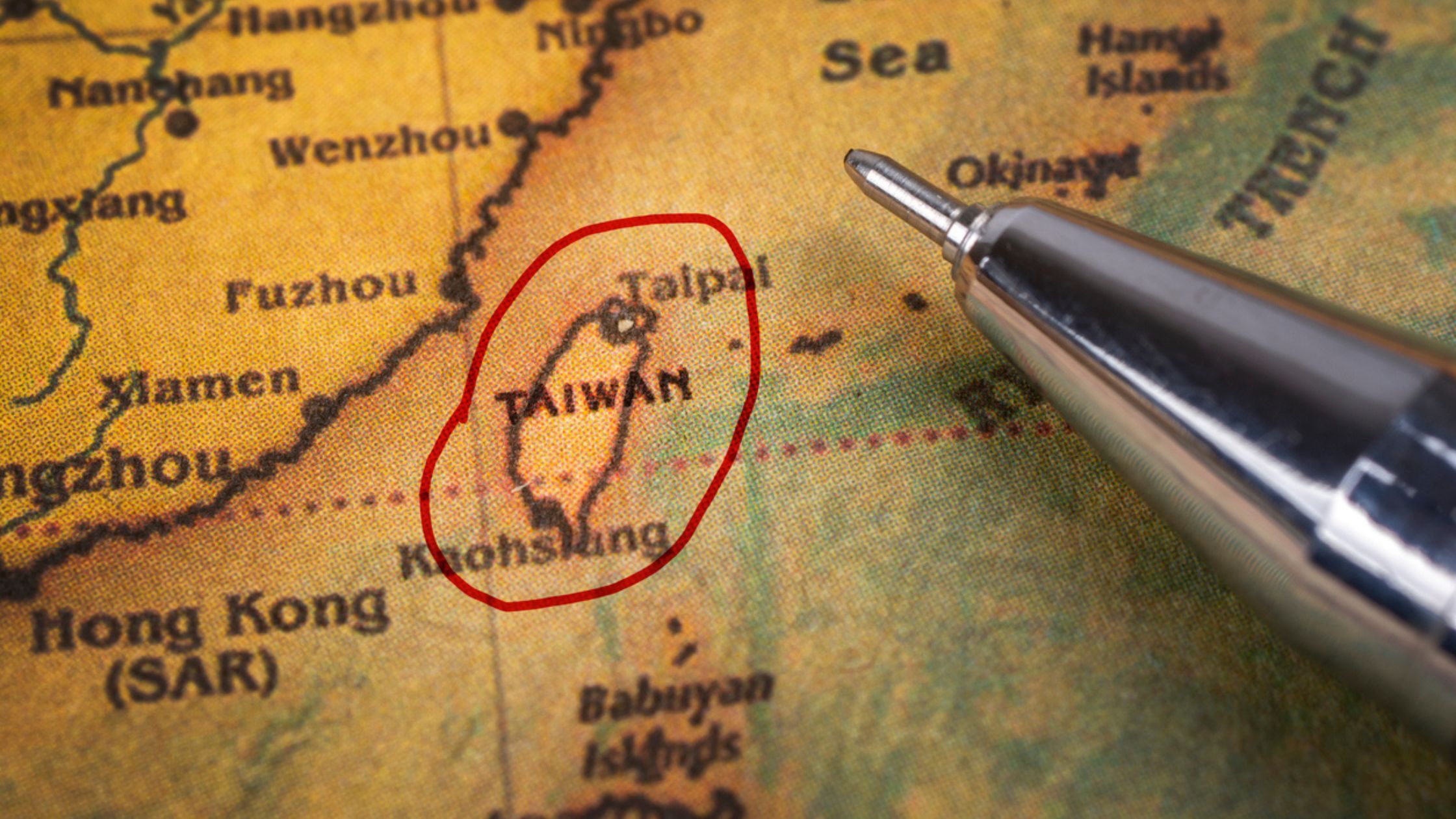
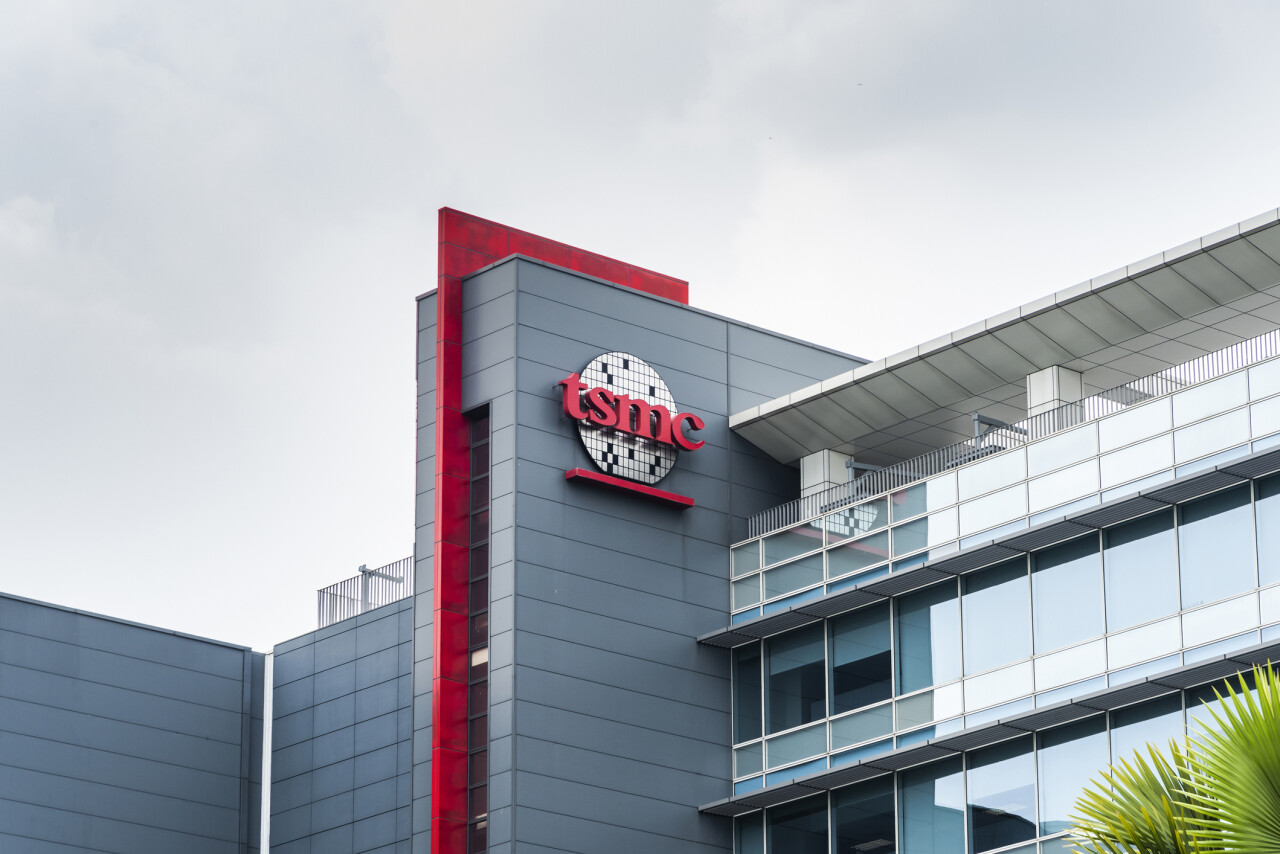



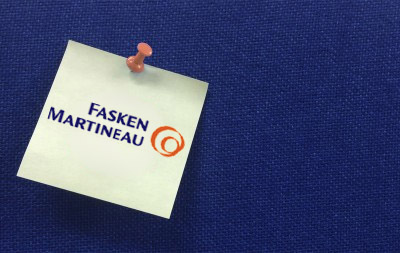
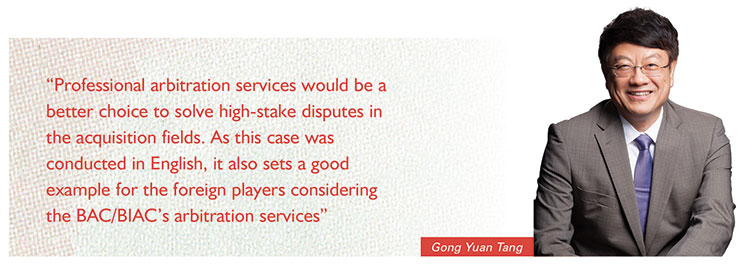

 Deep & Far Attorneys-at-law
Deep & Far Attorneys-at-law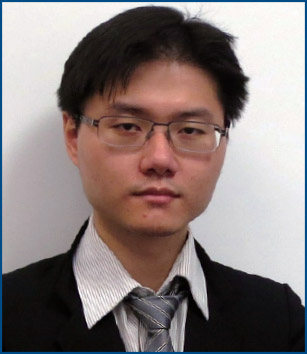 Yu-Li Tsai
Yu-Li Tsai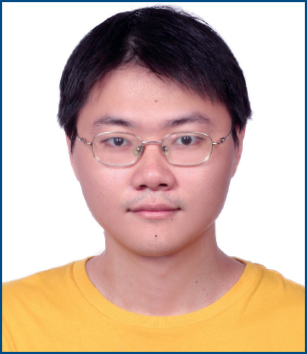 Lu-Fa Tsai
Lu-Fa Tsai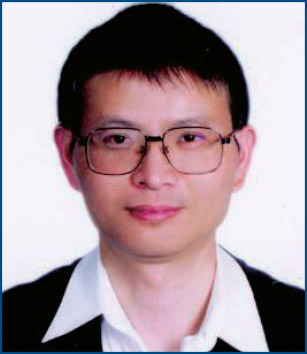 C. F. Tsai
C. F. Tsai







